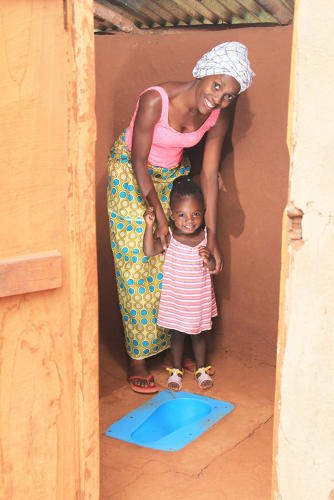A Giant Japanese Toilet Company Is Making A Toilet For The 2.5 Billion People Who Lack One
The Japanese toilet giant Lixil counts brands like Grohe and American Standard in its portfolio, and it’s known for fancy, automated johns that some compare to iPhones for engineering quality. But it’s the SaTo (“Safe Toilet”) division of the company that could have the widest impact in the world.
SaTo is the name of a low-cost toilet first developed with American Standard, with financial support from the Bill & Melinda Gates Foundation. Designed for parts of the world where there are no sewer systems, the SaTo has sold more than 1 million units so far, encouraging Lixil to think bigger. It’s now turning SaTo into its own division, with a mission to spread cheap-but-effective toilets to the 2.5 billion in the world who still lack them.

“We’ve got the new idea that this could be an entire business unit,” says Jim McHale, general manager of SaTo. “Nobody with our engineering, manufacturing, distribution, and procurement skills is doing this: creating simple, affordable products that you can take home, and turn a hole-in-the-ground latrine into a modern toilet. NGOs can’t do this.”
The clever thing about the SaTo is how it puts a dependable barrier between toilet users and their waste. The pan has a counterweighted trapdoor that opens to let poop and pee down, but closes to stop odors and disease from escaping from the tank underneath. When users pour water to clean the pan, it pushes the trap open while filling a half-inch cup that serves as an airtight water seal.
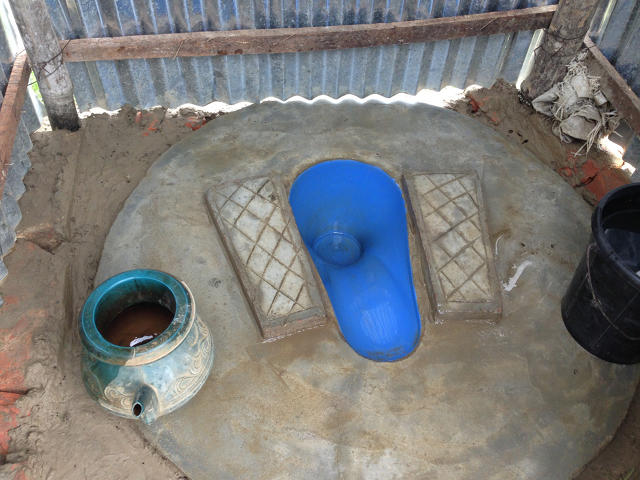
The original SaTo was launched in Bangladesh in 2013 before Lixil developed a second, less-water-needed version for sub-Saharan Africa. There are now sit-down-stool-and- squat pan versions, a larger “aspirational” unit with built-in footrests, and an option with a manual cable mechanism for countries where wiping, not water cleaning, is standard practice. (Paper or leaves are not heavy enough to push down the weighted door, McHale says.)
The new business division, announced in time for World Toilet Day on November 19, plans to develop tens of different toilet models for low-income markets. The Gates Foundation is putting in $1.5 million to support the effort, though McHale insists SaTo is driven as much by profit as philanthropy. He expects the new business unit to start making money in four to five years.
Lixil released a report this summer showing lack of sanitation costs the global economy $220 billion. That includes the price of treating people who get avoidable diseases and lost productivity from those diseases. Clearly, there’s a big opportunity—social, economic, and commercial—for sanitation products better than what millions of people have now.
[All Photos: via Lixil]
SaTo is the name of a low-cost toilet first developed by Lixil, with financial support from the Bill & Melinda Gates Foundation.

Designed for parts of the world where there are no sewer systems, the SaTo has sold more than 1 million units so far.
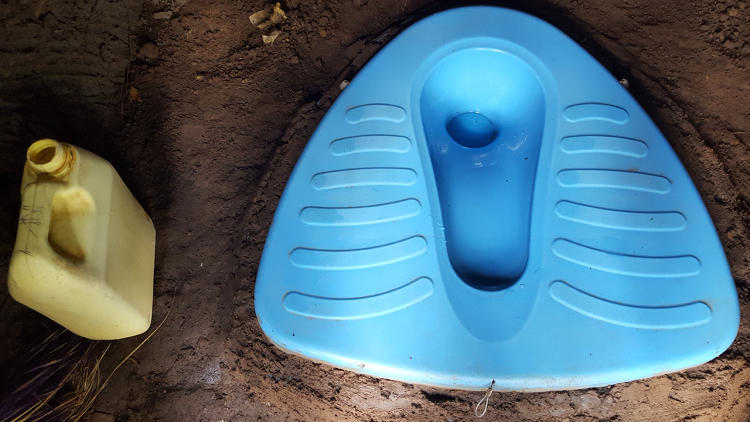
It’s now turning SaTo into its own division, with a mission to spread cheap-but-effective toilets to the 2.5 billion in the world who still lack them.
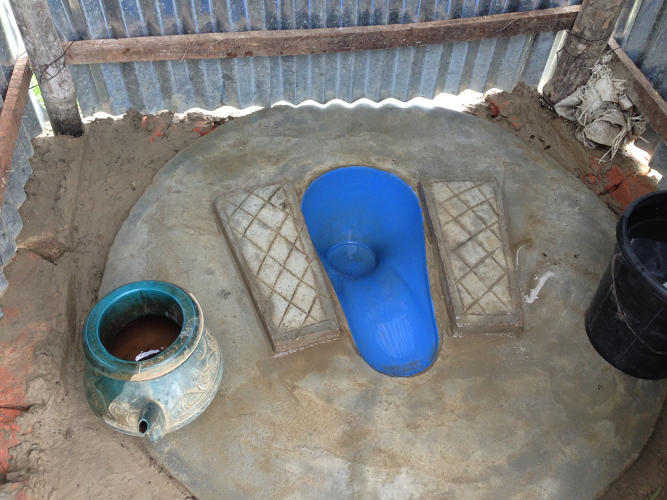
The pan has a counterweighted trapdoor that opens to let down poop and pee, but closes to stop odors and disease from escaping.
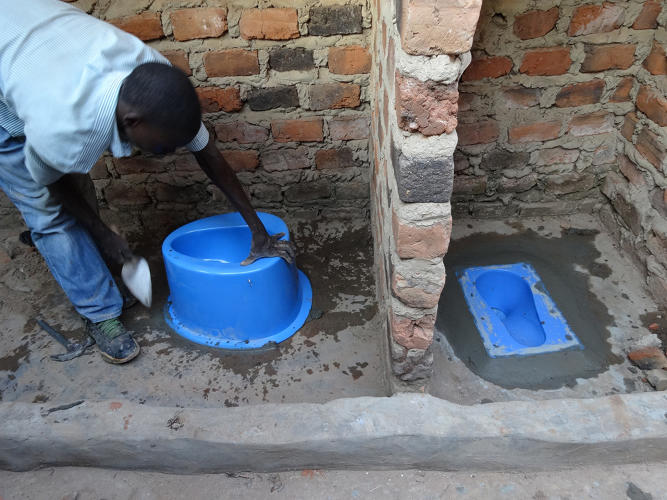
When users pour water to clean the pan, it pushes the trap open while filling a half-inch cup that serves as an airtight water seal.

The new business division plans to develop tens of different toilet models for low-income markets.
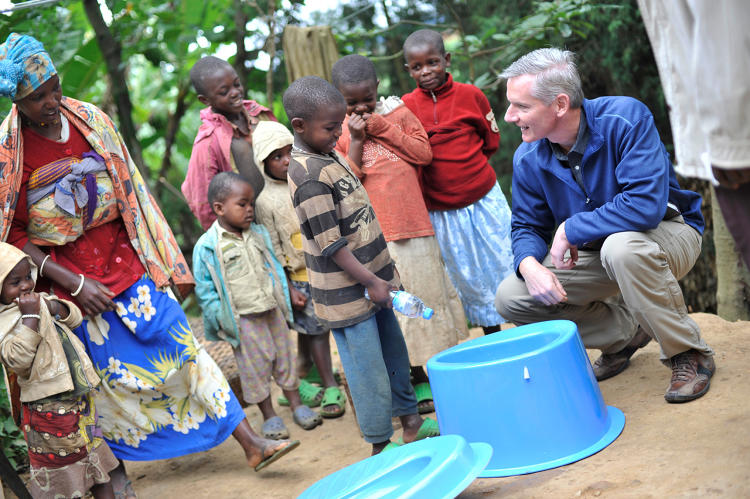
The Gates Foundation is putting in $1.5 million to support the effort, though McHale insists SaTo is driven as much by profit as philanthropy.
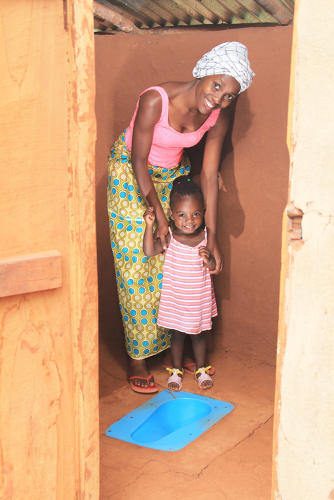
Fast Company , Read Full Story
(87)

